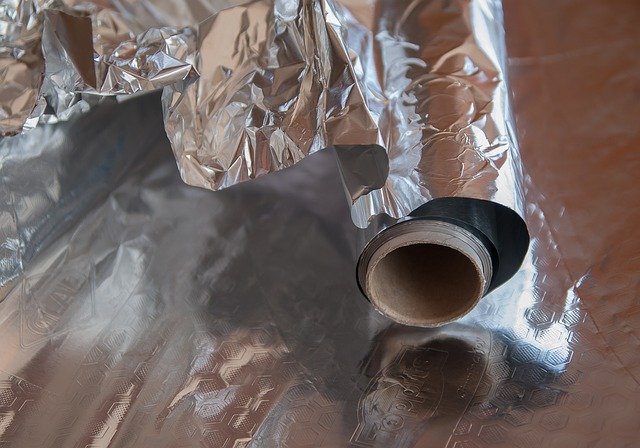Doing separate collections, turning off the lights, moving around by bicycle … these are all small precautions and daily actions that, if integrated into people’s daily lives, can do a lot, contributing to the protection of the Planet. So here are the green habits to be adopted immediately to help save the Planet.
Simple daily actions and ecological measures can also be used while traveling. Each of them can make a difference and contribute to the preservation of our Planet. Here are 10 green habits that we can all adopt both at home and on vacation:
1. Don’t buy plastic bottles

Plastic bottles are one of the largest contributors to our mountains of landfills. One million bottles are used per minute, and only 9% of these can be recycled. The rest is accumulated in our landfills and often ends up in the ocean, where according to experts, there will be more plastic than fish by 2050. A sustainable alternative is to use a bottle when traveling, choose tap water whenever possible (which can be purified through special filters), and prefer water in glass bottles.
2. Recycling: one of the good green habits
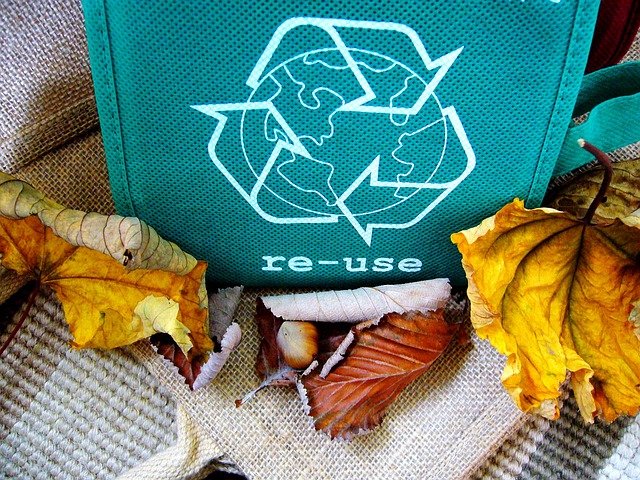
It may seem trivial, but recycling is essential for our environment at home and on the road. Most cities now have a recycling system, but if your city where you are on vacation does not yet practice recycling… then you can start! And don’t forget to teach it to the little ones too. According to bbc estimates, recycling half of its waste reduces CO2 and polluting gases emitted into the atmosphere by a quantity between 150 and 200 kilos per year.
3. Plant a tree
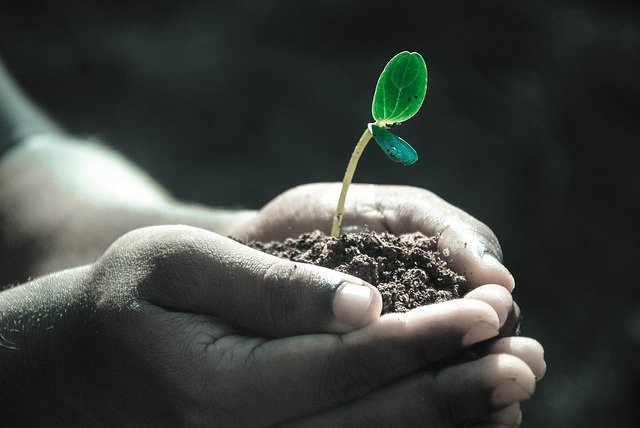
Planting a tree in your garden is one of the best ways to reduce air pollution. Trees absorb carbon dioxide and produce oxygen, improving the air in cities with positive effects on our health. The more trees there are the cleaner the air.
4. Save water

Water is a precious commodity that, unfortunately, is not unlimited. Still, thanks to technology it is now possible to purify and reuse it—not just taking a shorter shower and turning off the tap while we brush our teeth. With a few efforts, you can take some simple measures to reduce the consumption of this precious asset.
5. Save electricity
To avoid waste and excessive energy consumption, why not install low-consumption LED bulbs in your homes? A small investment was useful for the protection of the Planet that will lower your bills since they consume 75% less energy than normal ones. Also, in your eco-friendly chalet at home or on holiday, always remember to turn off the lights and turn off all devices and appliances when not in use.
6. Dedicate yourself to self-production
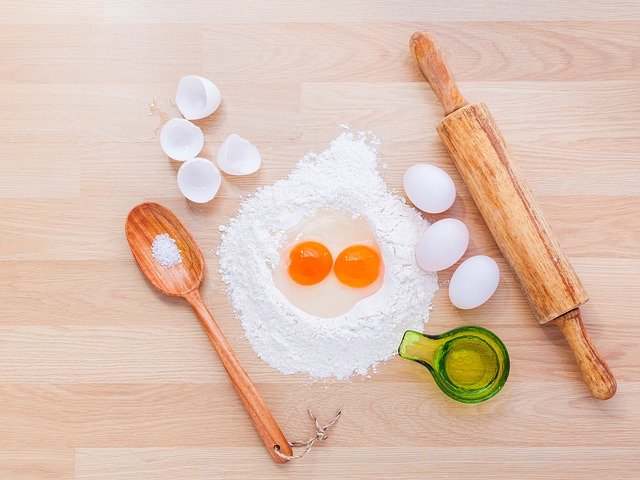
Homemade food, natural soaps, preserves, jams, body creams, or herbal teas…. l ‘ self-production is one of the fundamental choices to save money and live more sustainably. We only think about the CO2 emissions avoided by giving up our journey by car to go to the supermarket to look for what we can self-produce. The journey is avoided by the products (which often come from distant places) and the packaging saved. Sometimes a few simple ingredients are enough to produce what we need at home. An example? You can make ecological and natural cleansers using lemon, vinegar or orange peels.
7. Choose sustainable mobility
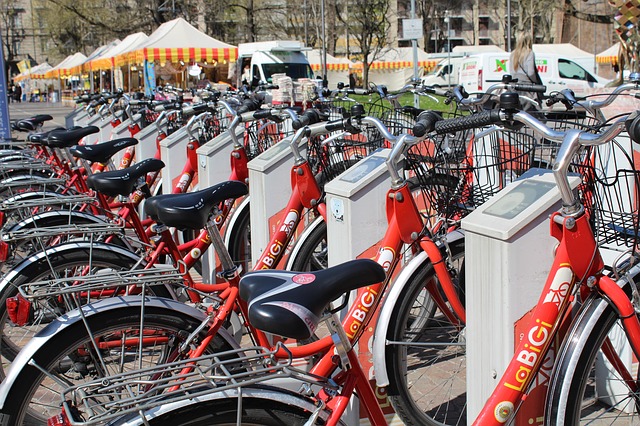
To eliminate your carbon footprint choose the train rather than the car, avoid cruises, and when you can, try to get around by bicycle. Of course, it is always better to choose public transport to get around to avoid further air pollution. But when it is not possible, organize or participate in carpooling! In addition to being greener, your travels will also be more fun and you will have the opportunity to meet new people.
8. Pay attention to spending.

In Western countries, about 670 million tons of still packaged food are thrown away every year. That’s more than 95 kilos per capita per year. Therefore, it is necessary to learn how to shop, choose the necessary quantities of food without being influenced by offers, and avoid waste. Better not to overfill the refrigerator: a full refrigerator consumes much more. Finally, it is important to buy organic and local products, supporting the virtuous economy and the short supply chain. This also reduces CO2 emissions associated with the movement of food products. And, if you are lucky enough to have a farmers’ market close to home, choose it over the supermarket!
9.Use second-hand items

A cell phone, an out-of-fashion dress, coffee grounds, an old bicycle… everything has a second life.
In an increasingly consumerist society: we immediately tend to throw away what is broken and then immediately buy a new product. But what if, instead of throwing it away, we fix it by giving it a second life? Fruit and vegetable scraps can become compost for the garden, an old cotton t-shirt is an excellent dust collection cloth without forgetting that many items can be bought second-hand.
10. Choose washable nappies
Did you know that disposable nappies produce 15% of non-recyclable waste? In addition to being expensive for families (around 1,500 euros per child) they damage the environment and irritate the skin. For this reason, if you have to take care of a newborn, the right solution is washable cloth diapers that are ecological and reusable in addition to not irritating the baby’s skin.
As a final task, we just have to apply these 10 simple green habits and share our new lifestyle with friends and family for a more sustainable world!



